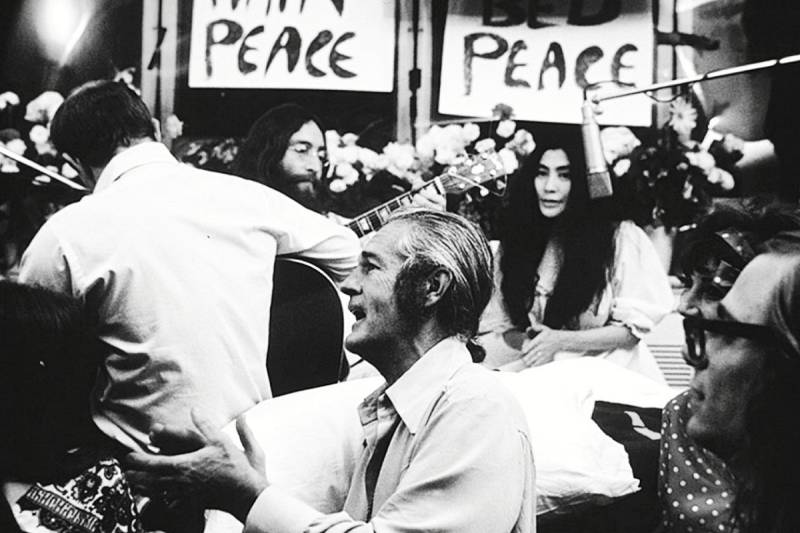
Music is oftentimes called a “time machine” and rightfully so. ‘Moseeqi’ or music is not just a source of energy, joy and pleasure but it’s also a very valid medium of bringing about social change. Throughout history, various melodies and tunes have been instrumental in fostering political consciousness, enhancing engagement with social media movements, and spurring active civic involvement. With its capacity to transcend borders, linguistic barriers, and evoke inspiration, musicians utilize music as a tool to challenge established norms and advance crucial concepts.
Consider the cases where music has tackled important issues - Logic's "1-800-273-8255" for suicide helpline or Childish Gambino's "This is America" for the Black Lives Matter movement.
The blend of a compelling social message with lyrics, rhythm and instrumentation constitutes a highly impactful strategy for evoking emotions, capturing audience attention, and ultimately propelling action. An example is found in Pakistan, where every political gathering is accompanied by a lineup of tunes like "Rok sako to rok lo," "Tabdeeli Agayi hai yaaro," and "Jeeay Bhutto" – all of which are politically charged anthems. While music may not seem intrinsically tied to politics, maintaining public contentment and happiness stands as a pivotal pillar for successful governance.
Even the likes of Billie Eilish delve into matters like the Depp vs Heard trial and the Roe vs Wade case in her recent song "TV," aiming to underscore how media sensationalism can divert attention from pressing concerns such as the Roe v. Wade issue. The unexpected yet impactful use of court proceedings in pop songs is noteworthy.
To illustrate on a local scale, following the tragic Army Public School Attack on 16 December 2014, during a time of national sorrow and despair, patriotic songs gained immense popularity. Tracks like "Bara Dushman Bana Phirta Hai" offered solace and solidarity, uniting Pakistan under an anthem of resilience against oppression and extreme violence. Thus, music not only united the populace during profound distress but also stirred feelings of empathy across individuals. The grief was shared nationwide, transcending direct connections to the calamity.
While lyrics are often considered the primary enhancer of a song, the influence of specific music genres cannot be overlooked. Hip-hop, a genre associated with rap, breakdancing, and DJ scratching, has played a pivotal role in spotlighting issues like systemic racism, poverty, and police brutality throughout history. Despite debates about its appropriateness due to slang and occasional profanity, hip-hop remains a catalyst for transformation in the United States.
“More than simply entertainment, hip-hop is a major part of contemporary identity circuits–networks of philosophies and aesthetics based on blackness, poverty, violence, power, resistance, and capitalist accumulation."
Arguably, hip-hop has emerged as a generational voice. From Tupac and Dr Dre to MC Hammer and Snoop Dogg, hip-hop speaks fluently to the African American youth in the United States. In a nation characterised by its diversity, where individuality often fades in the rush, music acts as a binding language that erases geographical boundaries. Tupac's lyrics in "White Manz World" resonate deeply, shedding light on the sentiments of black individuals during an era of entrenched systemic racism.
"Help me raise my Black nation, reparations are due (...) Born black in this white man’s world"
Music isn't simply leisure or a personal pastime; it has immense transformative power. It's a universal language that eclipses other forms of communication, written or spoken. Alongside inspiration, motivation, and emotional expression, it carries a keen awareness of global concerns. By articulating weighty socio-political issues like the Black Lives Matter movement, Me Too movement and mental health through succinct, rhythmic verses, music becomes an invaluable catalyst for raising awareness and catalysing essential social change.

